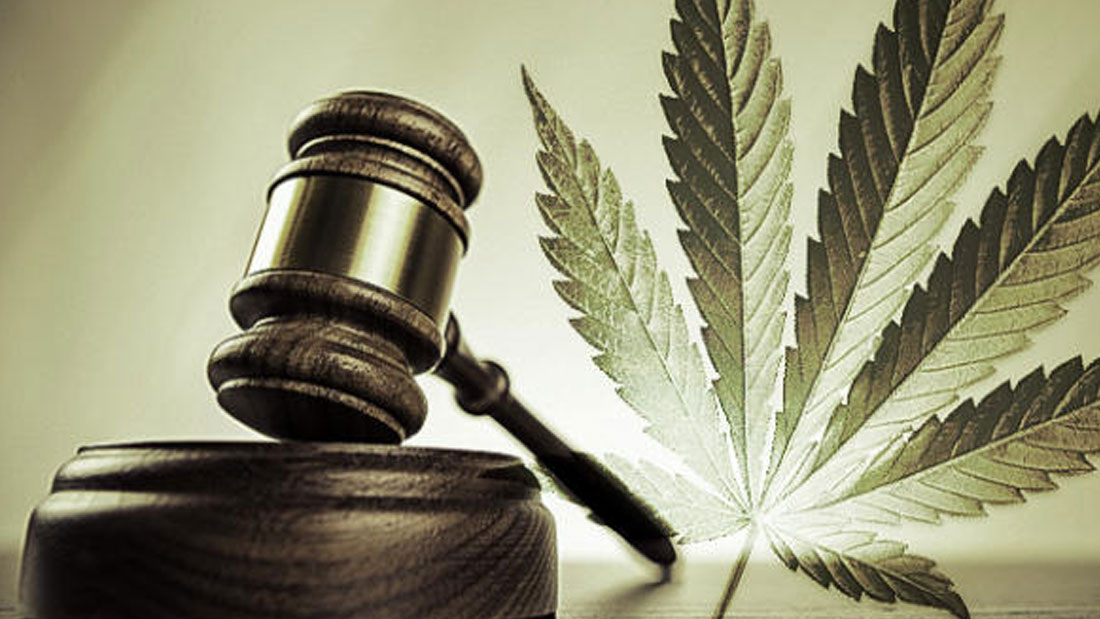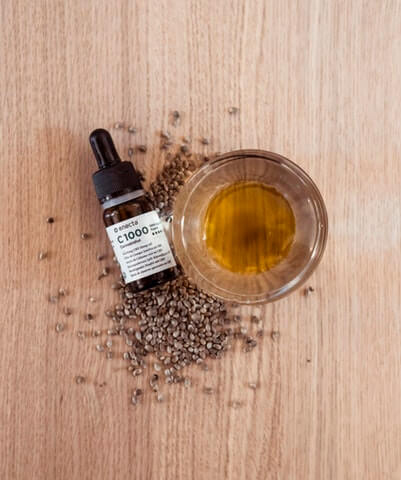Medical marijuana is now in almost half of the countries, and even a red state has legalized for leisure. Veterans of the wars in Iraq and Afghanistan are clamoring for access to treat the disorder of post-traumatic stress. Zafar best marijuana laws polls in three swing states that every presidential candidate 2016th
But House Republicans previously declined with changing public opinion to keep pace. They did it again Wednesday night when a pot rare bipartisan proposal had a quiet death in the house would be reclassified so that marijuana could affect national laboratories “credible research on the safety and efficacy of medical treatment.”
The amendment to a bill for debate Thursday would be scheduled in the full House, the National Institutes of Health and co-operate to manage the drug control so that studies on the benefits and risks of marijuana encouraged to treat cancer, epilepsy, glaucoma and traumatic stress disorder, among others conditions.
The vote is the last action, the National Republican uncertainty about how to reflect changing public opinion about the use of marijuana. Although the Republican Party has measures to ensure that medical marijuana support thriving state programs that Republicans generally have no national policy efforts to advance support for legalization.
If a Senate committee approved a measure this year to discuss medical marijuana with patients in clinics of Veterans Affairs, House Republicans shot. If the circle legalize weed for personal use, threatened a powerful House committee chairman mayor to jail time.
Minnesota started this month to allow the sale of medical marijuana in pill bottles and jars of marijuana herbal oil. (Glen Stubbe / St. Paul Pioneer Press)
House Republicans have defended their opposition to the pot. There is no evidence, they said that marijuana laws would do nothing but destroy the adolescent brain of the nation, not only offer advantages to solve veterans.
[Congress to take small steps in the politics of marijuana]
The lack of evidence, however, can be traced back to Republicans in Congress who have it almost impossible for federal agencies to fund the objective evidence of the effects of using marijuana.
The amendment died on Wednesday, was seen by some as a potential game changer. With 23 states that allow medical marijuana – and a handful plus the District of Columbia have legalized it absolute – some House Republicans (and Democrats, too) thought it was time to get more federal tests allow marijuana.
For the Republican opponents of research results could either offer continues to hold the line or a solid foundation for the party on tiptoe to launch into the mainstream.
Surprisingly, there was open criticism of the House Republicans’ legalization in the past two years, the co-sponsor of the measure.
Maryland Rep. Andy Harris, a physician and author of a measure in Congress that the district has allowed legalization in limbo, said more science was the way to go.
“We have the science, clearly determine whether marijuana has medical benefits, and if so, what is the best way to get the benefits,” he said Wednesday before the Committee on Rules of Procedure of Parliament at night sidelined the change in a vote Wednesday.
Another Republican Rep. H. Morgan Griffith of Virginia, asked the Committee to approve it personally, but for a different reason.
While Harris sponsored the degree of confidence that the investigation would show marijuana is bad, Griffith has come to the conclusion that there are certain circumstances in which marijuana has medical benefits for patients.
“We let the doctors derivative heroin, barbiturates and all sorts of nasty things I do not, that people are used recreationally. Why not to study marijuana?” Griffith, still smarting from the collapse of the change, he said in an interview.
“Andy Harris does not believe that the investigation will prove nothing positive, but I do, and they are willing to take the risk, do research, and let us evidence to feel make decisions,” he said. “This change would make the question in one way or another. I think we have proven to be valuable medicinal substance, but now we have answered no evidence.”
Why does the measure is unclear.
To allow the federal investigation of marijuana, the amendment would have created a new name for the substance. Marijuana is addictive from the federal government in a class of drugs, called the Annex 1 of the most dangerous, along with heroin and LSD, and more than that also cocaine.
The change, which is also sponsored by Democrat Earl Blumenauer of Oregon and Sam Farr of California, have created a new sub-classification in Annex 1 referred to “1. Program” for research.
The amendment also made it clear that if the federal investigation found that the heading of Annex 1 no longer seemed appropriate that “marijuana could be reprogrammed even after the investigation is completed.”
Both Griffith and an assistant Harris told the House Judiciary Committee, whose jurisdiction has national drugs legislation, as it interferes with the proposal at the last minute Wednesday. A spokesman for the committee, led by another Republican from Virginia, Robert W. Goodlatte, not comment.
The efforts of the supporters of legalizing marijuana in the strange situation that we Harris, who had become an enemy of the thing made commendable.
“There are legislators who they face on the reform of marijuana because the research has not been done to say, and the reality is that the research has not been done, because there are obstacles deliberately put in place,” Michael Collins said , director of the pro-marijuana policy Drug Policy Alliance.
“On behalf of Mr. Harris, thinks there are advantages for the study of marijuana, whether to help you or not,” said Collins. “I think it. To the fact that people realize that the ceiling of the opposition, with the old arguments Reefer Madness, are no longer valid points”
In fact, even opponents of the legalization of the study said that it seemed a logical step and a way forward, which could also support.
“I think that’s great, everything removes barriers and promotes honest to goodness research is welcomed,” said Sue Rusche, director of the National Families in Action, an organization of drug prevention that has been around since the 1980s’ “Just Say No “campaign.
Rusche Group, headquartered in Atlanta, unsuccessfully fought to keep Georgia from such oil sales cannabinoids to treat a variety of diseases.
“At the moment I really do not know what you’re getting. What we need is research to show us which level should be given to the CBD and THC, and what is safe.”





